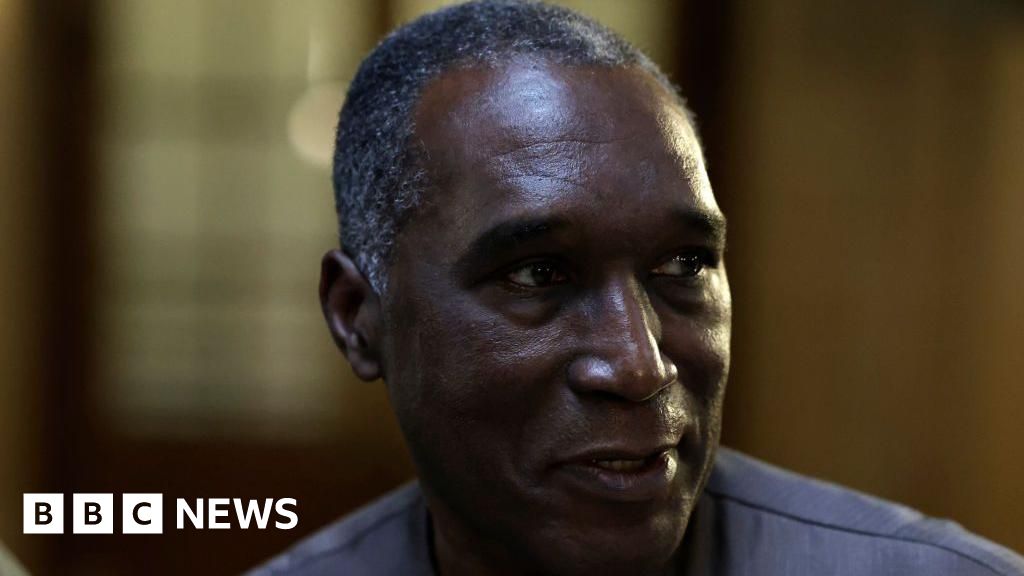Place your adverts here on InfoDig @ low rates; banner ads, sponsored links and guest articles etc. Contact us
The House of Representatives has called on the Federal Government to develop a blueprint for the involvement of indigenous refiners in the nation’s petroleum production value chain.
The House’s resolution followed the adoption of a motion on the need to reform and regulate Nigerian petroleum production to integrate artisanal refiners into the value chain. The motion was moved by the Deputy Minority Whip, Mr George Ozodinobi.
Speaking on the motion, Ozodinobi stressed that, constitutionally, it is crucial to harness the nation’s resources to promote prosperity. He argued that lives and revenues had been lost “due to the government’s inability to recognise, regulate, and control artisanal refining of petroleum products,” a practice he said has been prevalent in the Niger Delta region for decades.
The Labour Party chieftain noted that in 2016, “The Federal Government proposed the integration of artisanal refiners into mainstream oil and gas operations to encourage more local content in the industry and to advance the use of home-grown technology in petroleum refining in the region.”
Ozodinobi stated that after seven decades of significant environmental degradation in the Niger Delta, policymakers are still failing to support artisanal refining or establish local technology to address Nigeria’s energy poverty.
He criticised the stigmatisation of indigenous artisanal refiners as “oil thieves” and noted that “deploying the Nigerian Navy and other security agencies to destroy artisanal refineries further degrades the environment that sustains Niger Delta communities.”
According to the lawmaker, the neglect of local refiners “has left Nigeria with four moribund refineries for decades, making it a major exporter of crude oil but a chronic importer of refined petroleum products.” He argued that this is compounded by ongoing fuel crises and alleged sabotage of the Dangote Refinery.
Ozodinobi urged Nigeria to commit to promoting indigenous technology, citing examples from advanced nations such as Japan, the United States, and China.
When put to a voice vote, members unanimously supported the motion. Deputy Speaker Benjamin Kalu, who presided over the plenary session, urged the Nigerian Upstream Petroleum Regulatory Commission to develop a regulatory framework to formally integrate artisanal refiners into the oil production value chain.
The House also mandated its Committees on Petroleum Resources–Downstream, Upstream, and Midstream, as well as Local Content, to ensure compliance and report back within four weeks for further legislative action.














